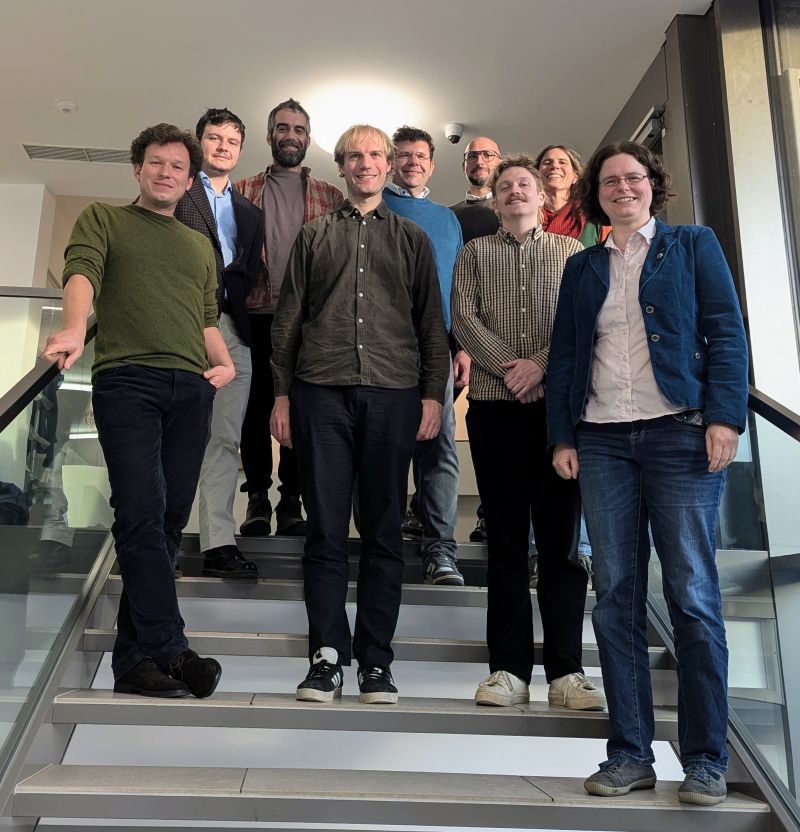Diogo Duarte, researcher at INESC Coimbra is a member the team working on the SAFIR project: Sentinel-Assisted Forestry Insight and Research – AI for Climate-Responsive Forest Monitoring in Mountainous Regions.
SAFIR addresses critical challenges in forest management, particularly in the detection and management of forest disturbances such as windthrows and anomalies due to pests like bark beetles. Current forest monitoring systems are often hindered by factors such as cloud cover and shadows, particularly in satellite imagery, which can delay or obscure the detection of such disturbances. This limitation poses significant problems for timely forest management and can exacerbate the effects of these disturbances, leading to severe ecological and economic consequences, foremost among them the destruction of habitats, loss of biodiversity, and significant financial losses in forestry.
The primary goal of the SAFIR project is to significantly enhance forest monitoring capabilities by integrating advanced AI-driven image refinement techniques into the Green Transformation Information Factory (GTIF). This integration aims to improve the accuracy and speed of forest disturbance detection and analysis, making these systems more responsive and effective. The project’s innovation lies in its use of cutting-edge technologies, including machine learning algorithms for de-shadowing and cloud removal, which are set to refine the quality of satellite imagery specifically for forest monitoring purposes. By doing so, SAFIR seeks to overcome the aforementioned limitations of current monitoring systems, thereby enabling more precise and timely management actions and interventions.
In terms of desired results, the SAFIR project aims to develop a proof-of-concept for GTIF-integrable algorithms capable of removing shadows and clouds from satellite images used in forest monitoring. This module will be tested and validated across various European forest landscapes to ensure its effectiveness, adaptability and reduce geographic biases. Furthermore, the project will provide robust datasets and comprehensive documentation to support future research and applications in forest monitoring. By enhancing the capacity for early detection of disturbances, the project also aims to mitigate the impact of such events on forest health and productivity.
The SAFIR project is expected to deliver a scalable, efficient solution for forest disturbance monitoring that can be adapted and used across different geographic regions. This advancement will not only support forest management agencies and policymakers in implementing more effective forest management practices but also contribute to broader environmental conservation efforts. By providing actionable, cross-border information from Earth Observation systems, SAFIR aligns with global efforts to sustainably manage and protect forest ecosystems in the face of ongoing environmental changes and challenges.


